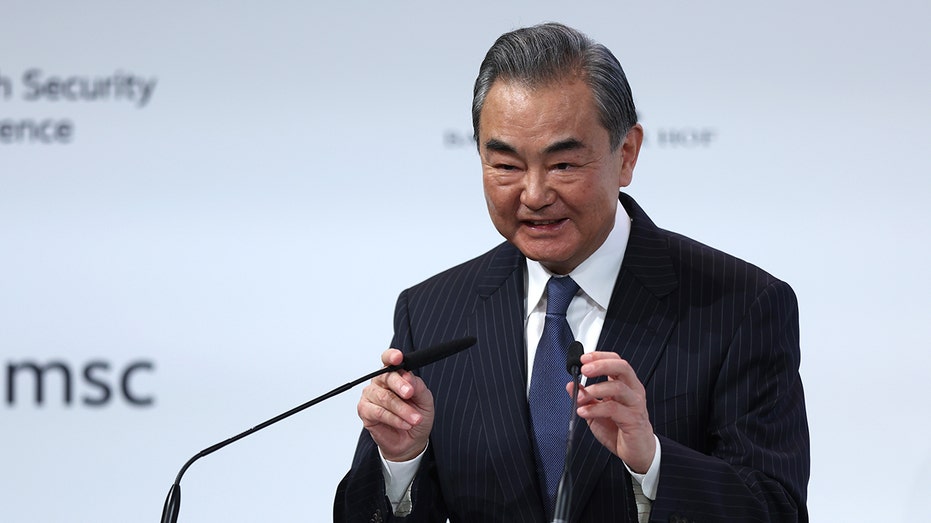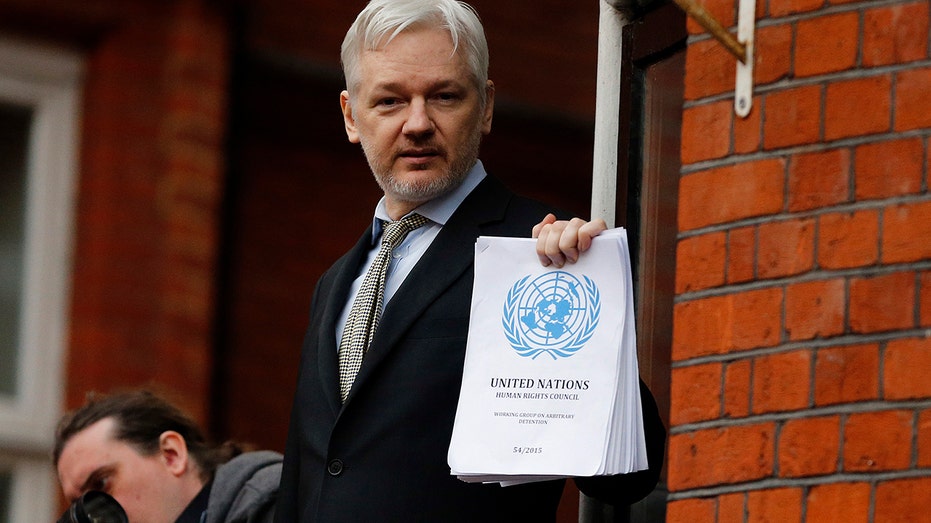China on Wednesday brushed away international criticism Beijing has received following race-based comments issued this week by a top diplomat who encouraged its Asian neighbors to drop their Western ties and strengthen allegiances with China.
Director of the Chinese Communist Party Central Committee Foreign Affairs Commission Office Wang Yi raised international eyebrows Monday when he claimed the U.S. and its European allies cannot tell the difference between Chinese, Japanese and South Korean visitors.
WHITE HOUSE SENDS YELLEN TO CHINA AS EXPERT WARNS BEIJING WILL PUSH ‘CONCESSION BASED DIPLOMACY’
“Americans take all visitors from China, South Korea and Japan as Asians. They cannot tell the differences, and it’s the same in Europe,” Wang said. “No matter how yellow you dye your hair, or how sharp you make your nose, you’ll never turn into a European or American, you’ll never turn into a Westerner.”
“One needs to know where one’s roots are,” he continued speaking from a trilateral forum in China’s eastern port city of Qingdao. “China, Japan, Korea — if we can join hands and cooperate, it would not only suit the interests of our three countries, but also the wishes of our peoples, and together we can prosper, revitalize East Asia and enrich the world.”
His race-based comments echoed sentiments increasingly pushed by Beijing as it looks to cut back on U.S. “hegemony” and international influence.
U.S. policy organizations and think tanks took issue with Wang’s comments and responded publicly on Twitter.
“The irony of Chinese Foreign Minister Wang Yi telling Japanese and Koreans ‘you can never become an American, is that Japanese and Koreans become Americans every day,” Jeff M. Smith, Director of the Asian Studies Center at The Heritage Foundation said. “They’re part of the fabric of America.
“What they can’t become is Chinese,” he added. “Tone deaf. Again.”
JAPAN, US, SOUTH KOREA NEGOTIATE SHARING OF NORTH KOREAN MISSILE DATA
Bonnie Glaser, managing director of the Indo-Pacific Program at the German Marshall Fund, issued a similar criticism and said, “This message will not land well with Japan and South Korea.”
“Does Wang Yi really think that national interests are less important than appearance?” she questioned.
When pressed on the pushback that the controversial comments received, Foreign Ministry spokesperson Wang Wenbin on Wednesday said, “we cannot agree with it at all.”
The U.S. has ramped up its security alliances with Japan, South Korea and other regional partners in recent years as Beijing has become increasingly aggressive in areas like the South China Sea and North Korea continues to expand its weapons program.
As Wang pushed for strengthening raced-based alliances he also claimed that “some major countries outside the region deliberately exaggerate ideological differences, weave various exclusive small circles, and try to replace cooperation with confrontation and unity with division.”
The Associated Press contributed to this report.




